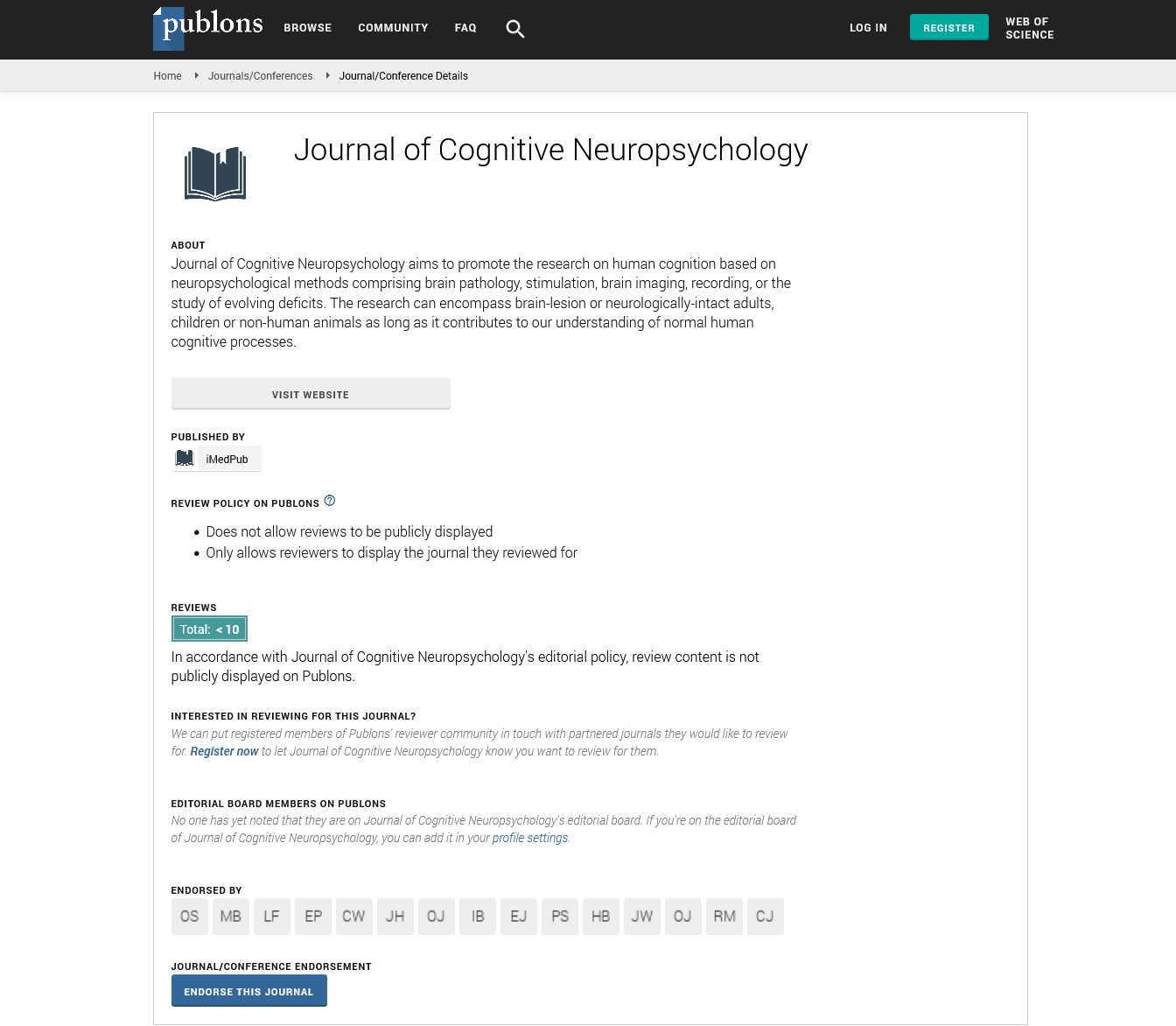Neuro-dermatological association between psoriasis and depression: an immunemediated inflammatory process validating skin-brain axis theory
World Congress on Neurorehabilitation
July 05-06 2021 | Webinar
Shahzaib Maqbool
Rawalpindi Medical University, Rawalpindi, Pakistan
ScientificTracks Abstracts: J Cog Neu
Abstract
Objective: Our study’s motive was to recognize various immune-mediated inflammatory processes involved in the pathogenesis of depression and psoriasis and interlink between them based on inflammatory mediators. Methods: A careful and comprehensive literature search was done through various databases like PubMed, Google Scholar, and EBSCO. A total of 56 studies were included in our study after careful screening. Results: The immune-mediated inflammatory process was significantly associated with the pathogenesis of both depression and psoriasis. Most of the inflammatory markers involved in Psoriasis (TNF-α, IL-2, IL-6, IL-23, IL-1β, IL-10), and increased serotonin transporters (5-HTT) were also found in the pathogenesis of depression, showing the immune-inflammatory linkage between psoriasis and major depression. Based on immune chemistry, the levels of CD2+, CD4+, CD8+ T lymphocytes were also found to be raised in both depression and psoriasis, validating their relationship. Hyperactivity of HPA-axis was also found another interlink between them along with reduced melatonin amount. Conclusions: According to various studies, the neuro-dermatological association between psoriasis and depression is significant. Different immune markers involved in the pathogenesis of depression and psoriasis also show the bidirectional association between them. However, this association between psoriasis and depression is positively correlated, but more work is required to answer why all depressed patients fail to develop psoriasis and why all psoriatic patients fail to develop depression. Keywords: depression; neuro-dermatology; psoriasis; skin-brain axis
Google Scholar citation report
Citations : 8
Journal of Cognitive Neuropsychology received 8 citations as per Google Scholar report
Journal of Cognitive Neuropsychology peer review process verified at publons
Abstracted/Indexed in
- Google Scholar
- Publons
- MIAR
Open Access Journals
- Aquaculture & Veterinary Science
- Chemistry & Chemical Sciences
- Clinical Sciences
- Engineering
- General Science
- Genetics & Molecular Biology
- Health Care & Nursing
- Immunology & Microbiology
- Materials Science
- Mathematics & Physics
- Medical Sciences
- Neurology & Psychiatry
- Oncology & Cancer Science
- Pharmaceutical Sciences
